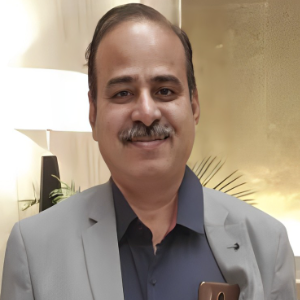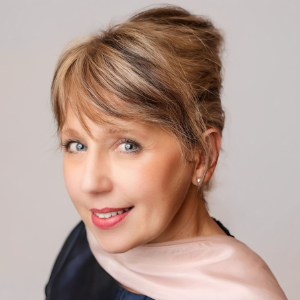Cell Therapy is a modern and natural treatment option for hair growth. It is based on a technique whereby human cells taken from the scalp are separated, cultured and activated in a laboratory before being injected into the scalp. These cells then act as activators to promote and enhance hair growth in the injected areas. Cell therapy for hair growth is relatively new and not yet fully understood. However, several clinical studies have shown promising results when it comes to its efficacy and safety. The main idea behind cell therapy is that it involves the use of the patient’s own cells which are collected, cultured and activated in the laboratory and subsequently injected into the scalp. Once in the scalp, the cells exude certain hormones and molecular signals which cause the area to experience a growth in the number and size of hair follicles, resulting in an improved rate of hair growth. One of the main advantages of cell therapy is that it offers a natural solution for hair growth, which does not involve the use of artificial or chemical products. This method of hair growth is also considered safe as there are no repeat treatments needed and no associated side effects. Additionally, another positive aspect of cell therapy is that it is generally a quick and relatively painless procedure. Cell therapy may be a useful treatment for individuals with hair loss, especially for those who have already experienced a lack of success with other treatments for hair loss. However, it is important to note that the results of cell therapy may vary from one patient to another and hence, a consult with a dermatologist should be sought to evaluate the best possible option for an individual patient.

Ravi M Rathod
KMCRI, India
Dechelette Corinne
La Peau Autrement, France
Irina Sergeeva
Novosibirsk State University, Russian Federation
George Sulamanidze
Plastic Surgeon at Clinic of Plastic and Aesthetic Surgery and Cosmetology TOTALCharm, Georgia
Nino Tsamalaidze
Ltd Karabadini+, Georgia
Lina Petrossian
California University of Science and Medicine, United States
Surajbala Khuraijam
Manipur Health Services, India
Shrutimita Pokhariyal
Symbio, India
Yasser Mohammed Hassanain Elsayed
Egyptian Ministry of Health, Egypt



Title : Paraneoplastic Autoimmune Multiorgan Syndrome or PAMS: Paraneoplastic pemphigus revisited
Sergei A Grando, University of California Irvine, United States
Title : Modern non-invasive methods for in vivo assessment of skin
Georgios N Stamatas, SGS, France
Title : Personalized and precision dermatology through the view of biodesign-inspired translational & data-driven applications: Revolutionary skin treatments for every concern in clinical dermatology integrating skin care experts and consumers
Sergey Suchkov, N.D. Zelinskii Institute for Organic Chemistry of the Russian Academy of Sciences, Russian Federation
Title : The next generation of threads: Lifting, volumization, and biostimulation in one powerful triple action
George Sulamanidze, Plastic Surgeon at Clinic of Plastic and Aesthetic Surgery and Cosmetology TOTALCharm, Georgia
Title : Lymphoproliferative diseases in the practice of a dermatologist
Irina Sergeeva, Novosibirsk State University, Russian Federation
Title : Art, skin, and dermatology: Interdisciplinary perspectives
Dechelette Corinne, La Peau Autrement, France
Title : Comparative efficacy of omalizumab and dupilumab in children with Chronic Spontaneous Urticaria (CSU): A retrospective cohort analysis
Molynna Nguyen, University of Toledo, United States
Title : "Mirror mirror on the skin” — A low-cost community strategy to reduce melanoma disparities in Washington, D.C.
Kayla Sampson, Georgetown University School of Medicine, United States
Title : Vitiligo: Not just an aesthetic disorder
Mateja Starbek Zorko, University Medical centre Ljubljana, Slovenia
Title : Personalized and Precision Medicine as a unique avenue to have the healthcare model renewed to secure the national biosafety: Advanced skincare solutions in individualized cosmetology, reconstructive plastic surgery and the modern beauty
Sergey Suchkov, N.D. Zelinskii Institute for Organic Chemistry of the Russian Academy of Sciences, Russian Federation